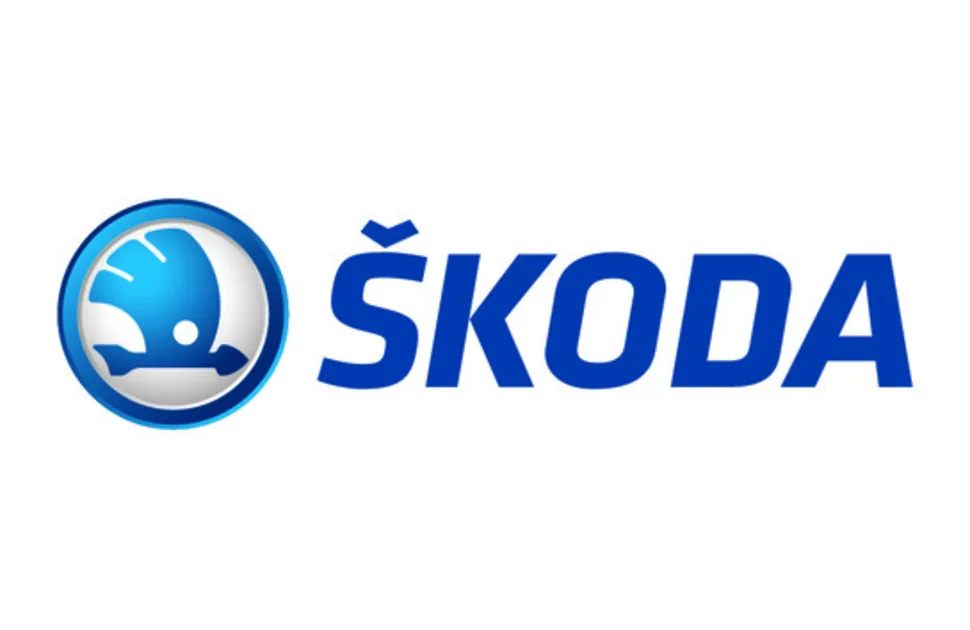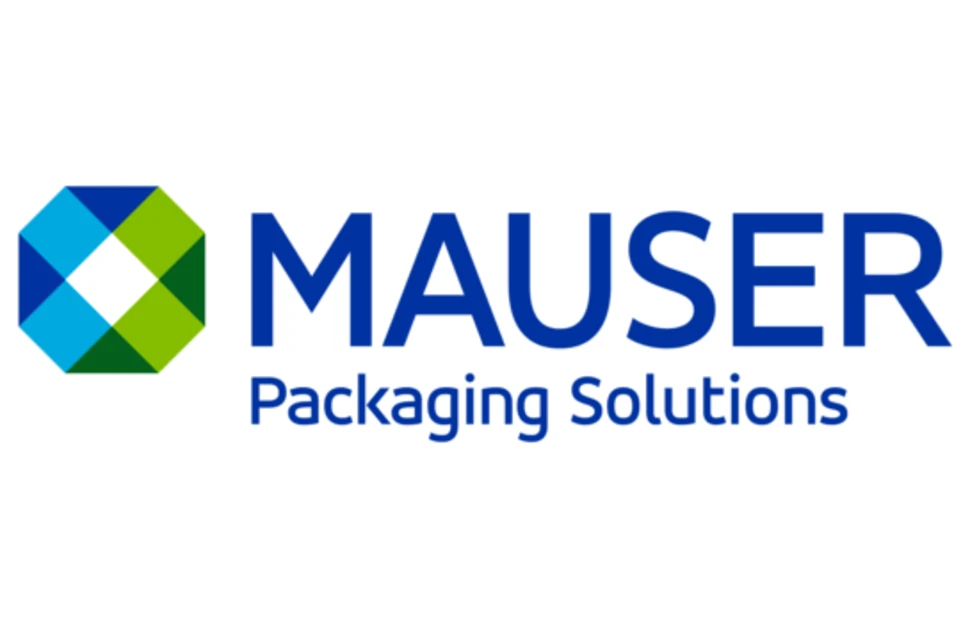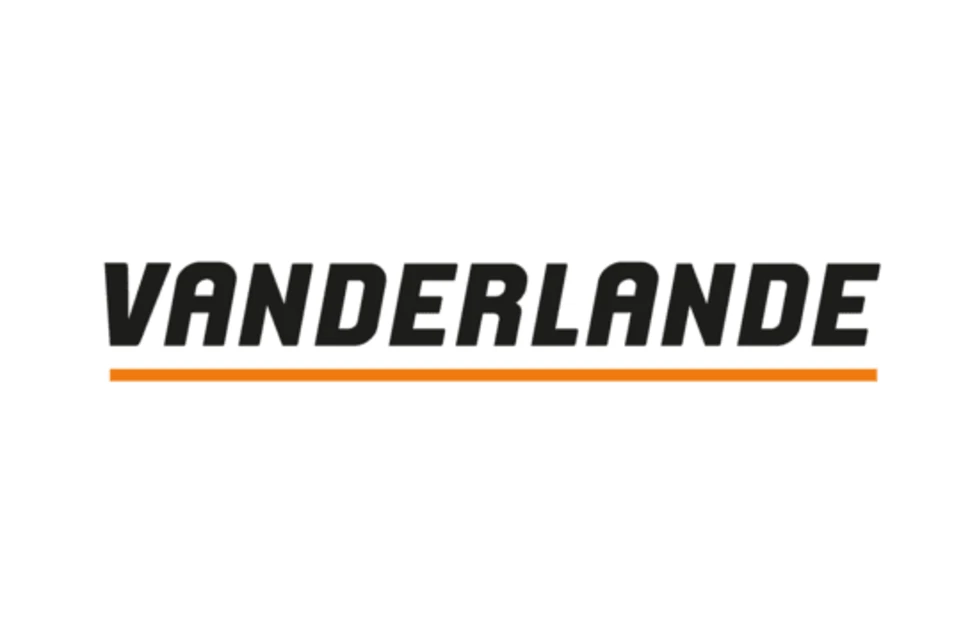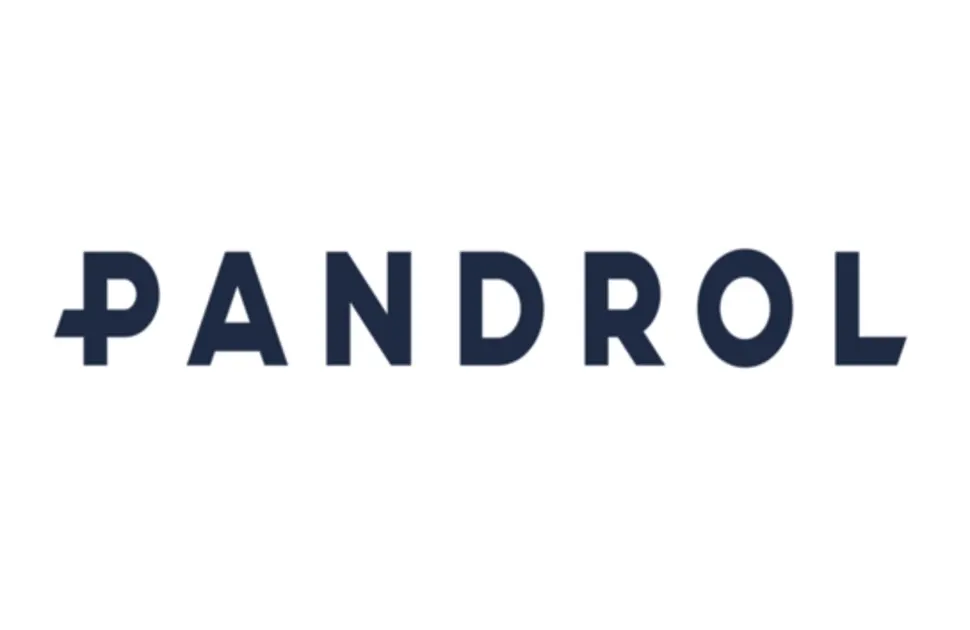Tighter trade defences shift EU steel importers’ focus
Indonesia has become many EU hot rolled coil buyers’ source of choice as they seek to fill steel supply gaps created by the European Commission's revised import safeguard measures and new antidumping duties.
Purchasing managers across the continent report that this month’s changes to the EU’s trade defence measures, combined with newly announced antidumping duties on imports from Egypt, Japan and Vietnam, have limited their non-EU buying options.
The volume of Indonesian-origin “non-alloy and other alloy hot rolled sheets and strips” shipped into Europe exceeded 400,000 tonnes in 2024 – up 76.1% year-on-year. These volumes are expected to grow further after the country – designated as a ‘developing country’ in the EU safeguard categorisation – remained free of any import quotas or additional duties in the changes implemented from April 1.
In the latest Speaking of Steel podcast episode, which focuses on the EU’s revised safeguard measures, MEPS steel market analyst Chris Jackson said: “It became increasingly apparent in the early part of the year that the people we were speaking to were scouring the world for alternative sources [of hot rolled coil]. Indonesia was being talked about a lot and we're starting to see that come to fruition now, with shipments to European shores.”
Indonesia’s rapid growth
Among the individual nations for which the OECD provides GDP forecasts, Indonesia will have the world’s second largest economic growth rate in 2025 and 2026 (at 4.9% and 5%), behind India
The output of Indonesia’s steel producers reflects this growth trend. Between 2016 and 2024 the country’s crude steel production rose from 4.75 million tonnes to an estimated 17m tonnes, according to worldsteel data. A large proportion of domestic capacity remains underutilised, however. Indonesian steel mills remain focused on maximising export opportunities where possible.
EU coil buyers report that Indonesian hot rolled coil (with the required CE-marking and 3.1 inspection certification) is predominantly being sold to tubemakers and those involved with hollow section production. Agreements for June shipments, to either Southern Europe or Gdansk, Poland, have recently been concluded. Import options from Malaysia and Thailand, another two countries exempt from EU tariffs, are also being widely considered.
Steel producers in many steel exporting nations that have sold extensively to Europe in the past now face tighter import restrictions a result of revisions to the Commission’s import safeguard measures.
From April 1, exporting nations that fully use their country-specific import quotas for certain products will no longer be allowed to access residual quotas in the fourth quarter of the year. Furthermore, the annual liberalisation rate – the rate at which steel import quotas increase each year – will be reduced from 1% to 0.1% from July.
The cap on individual nations’ use of the hot rolled coil quota’s "other countries” category was also reduced from 15% to 13%, meanwhile. This increases the likelihood of extra duties being applied.
New antidumping duties
Further restrictions have been applied to imports of certain hot rolled coils from Egypt, Japan and Vietnam. The European Commission introduced the provisional antidumping duties on this material, for an initial six-month period, while definitive measures are being assessed.
Its provisional duty rate on all suppliers in Egypt was set at 12.8%. Vietnam’s hot rolled coil producers received a provisional duty rate of 12.1%. The Hoa Phat Dung Quat Steel Joint Company avoided any antidumping duties.
However, Japanese suppliers face the highest duties. Tokyo Steel received a duty of 6.9%, while JFE Steel Corporation and Daido Steel Co., Ltd face a 31.1% rate, with a rate of 31.8% set for Nippon Steel and all other Japanese suppliers.
European mills have continued to raise their list prices following the EU’s recent trade defence announcements.
ArcelorMittal recently raised its hot rolled coil list price to EUR680 per tonne and EUR700 per tonne in southern and northern parts of the continent, respectively. Other European mills have followed its lead. Furthermore, producers of coil are limiting the amount of material they make available to spot customers, in an effort to apply upward price pressure.
However, European mills’ price rises are widening the gap between domestic hot rolled coil prices and those offered by producers in countries, such as Indonesia, that remain exempt from additional duties. The presence of low-cost Asian material will be a welcome relief to European service centres, who have been only partially successful in passing on the mills’ previous price increases to their customers.
- MEPS provides regular insight on developments in the EU steel market in its European Steel Review. The monthly Review features steel prices, indices, commentaries and forecasts covering Belgium, France, Germany, Italy, Spain and the United Kingdom. Contact MEPS for details of how to subscribe.

Source:
European Steel Review
The MEPS European Steel Review is an informative, concise and easy-to-use monthly publication, offering unique professional insight into European carbon steel prices.
Go to productRequest a free publication





